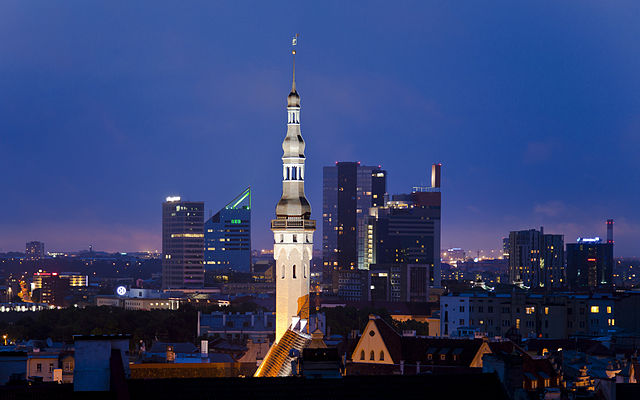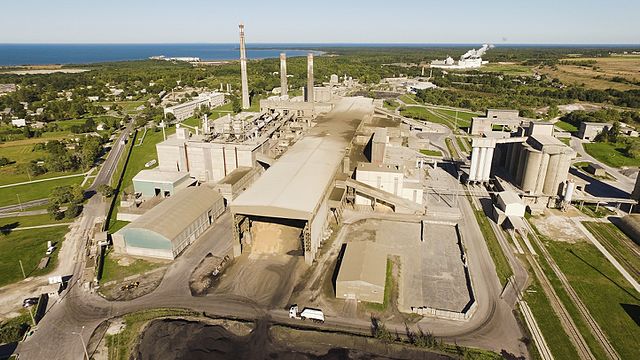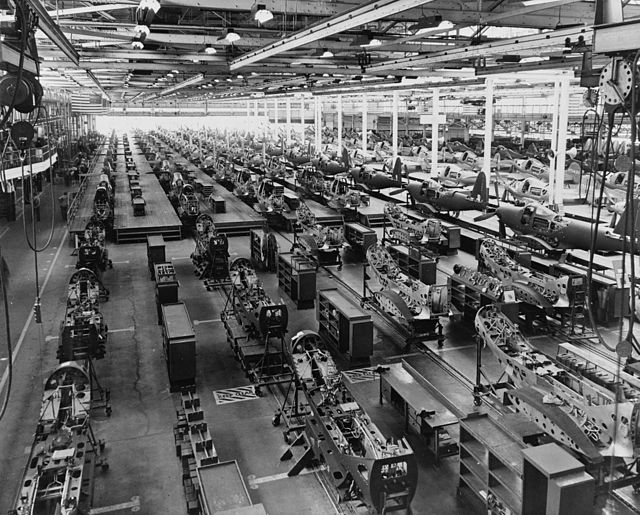An information society is a society or subculture where the usage, creation, distribution, manipulation and integration of information is a significant activity. Its main drivers are information and communication technologies, which have resulted in rapid growth of a variety of forms of information. Proponents of this theory posit that these technologies are impacting most important forms of social organization, including education, economy, health, government, warfare, and levels of democracy. The people who are able to partake in this form of society are sometimes called either computer users or even digital citizens, defined by K. Mossberger as “Those who use the Internet regularly and effectively”. This is one of many dozen internet terms that have been identified to suggest that humans are entering a new and different phase of society.
Estonia, a small Baltic country in northern Europe, is one of the most advanced digital societies.
In sociology, an industrial society is a society driven by the use of technology and machinery to enable mass production, supporting a large population with a high capacity for division of labour. Such a structure developed in the Western world in the period of time following the Industrial Revolution, and replaced the agrarian societies of the pre-modern, pre-industrial age. Industrial societies are generally mass societies, and may be succeeded by an information society. They are often contrasted with traditional societies.
Chicago and Northwestern railroad locomotive shop in the 20th century
A factory, a traditional symbol of the industrial development (a cement factory in Kunda, Estonia)
An industrial worker amidst heavy steel components (KINEX BEARINGS, Bytča, Slovakia, c. 1995–2000)
The assembly plant of the Bell Aircraft Corporation (Wheatfield, New York, United States, 1944) producing P-39 Airacobra fighters





